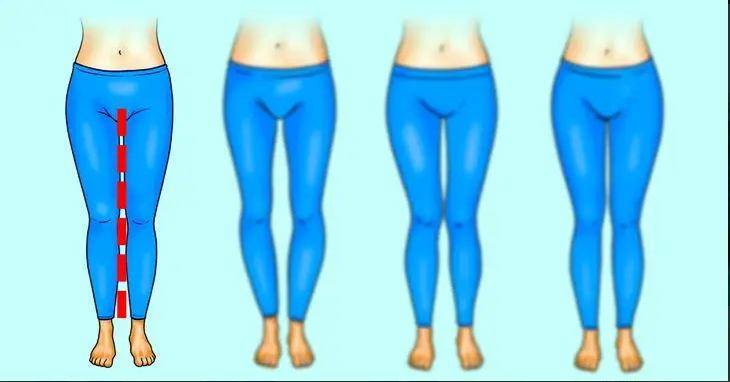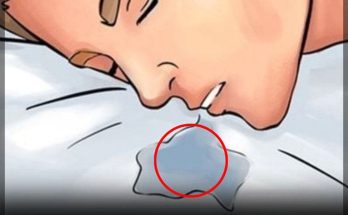1. Normal (Straight) Legs — Type 1 (Far Left)
Description:
- Legs align properly from the hips, knees, and ankles.
- There are no visible gaps between the thighs, knees, or ankles.
What it means:
- Indicates healthy alignment of bones and joints.
- Weight is evenly distributed, reducing strain on knees and hips.
- Usually doesn’t cause discomfort during walking or standing.
2. Bowlegs (Genu Varum) — Type 2 (Second from Left)
Description:
- Knees stay apart even when the ankles are together.
- The legs curve outward like a bow.
What it means:
- May occur due to childhood bone development, rickets, or arthritic conditions in adults.
- Can cause knee strain, imbalance, and eventual joint wear and tear.
- Often treated with physiotherapy or orthotic correction depending on severity.
3. Knock Knees (Genu Valgum) — Type 3 (Second from Right)
Description:
- Knees touch or are very close together while the ankles stay apart.
- Legs appear to curve inward.
What it means:
- Often seen in children and usually corrects with age.
- In adults, it may indicate joint weakness, flat feet, or hip problems.
- Long-term misalignment can lead to pain, instability, and arthritis.
-
4. Crossed Legs (Extreme Knock Knees or Pelvic Tilt) — Type 4 (Far Right)
Description:
- Legs and knees cross significantly over each other.
- Indicates severe inward rotation or postural imbalance.
What it means:
- Could be linked to pelvic misalignment, posture-related issues, or severe knock knees.
- Can affect hip stability, gait, and pelvic floor health.
- May require posture correction, physical therapy, or medical evaluation.
Important Notes
These leg shapes do not reflect anything about someone’s character, worth, or private anatomy.




